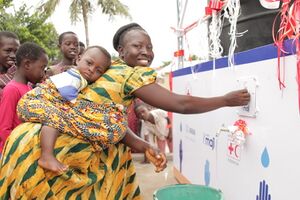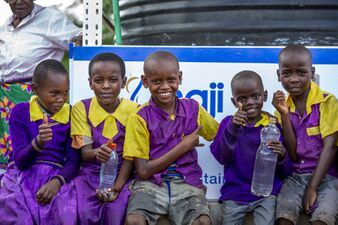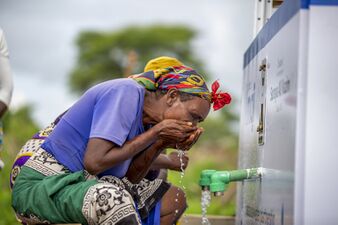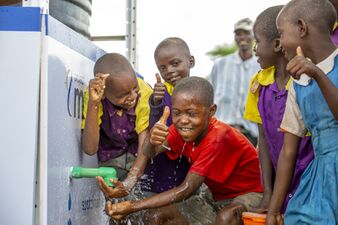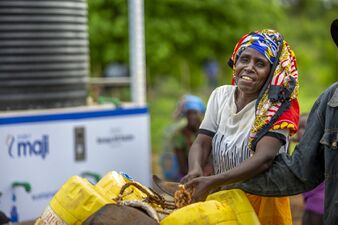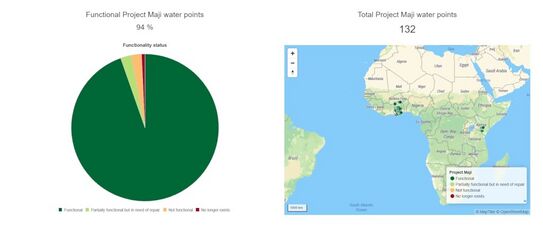Safe Water for Families in Rural Ghana: Difference between revisions
(Updated solutions) |
(Updated projects) |
||
| (One intermediate revision by the same user not shown) | |||
| Line 21: | Line 21: | ||
=Project Gallery= | =Project Gallery= | ||
|Problems= | |Problems=205051,195887 | ||
|Solutions=195888 | |Solutions=195888 | ||
|organization_id=51331 | |organization_id=51331 | ||
| Line 29: | Line 29: | ||
|scraped_from=GlobalGiving | |scraped_from=GlobalGiving | ||
|feature_image=File:032A9175_Large.JPG|Local Woman Taps the E-pay Token to Fetch Water | |feature_image=File:032A9175_Large.JPG|Local Woman Taps the E-pay Token to Fetch Water | ||
|images=[[ | |images=[[File:ph_55275_216279.jpg|Community children sit by the Project Maji Kiosk,File:ph_55275_216280.jpg|Taking a sip of clean drinking water,File:ph_55275_216281.jpg|Clean Water = Pure Joy!,File:ph_55275_216282.jpg|That's a Project Maji Smile!,File:Waterpoint_functionality_Large.jpg|High waterpoint funtionality,]] | ||
|coordinate=, | |coordinate=, | ||
|geo_id=2300660}} | |geo_id=2300660}} | ||
Latest revision as of 12:09, 5 August 2023
| Organization | Project Maji |
|---|---|
| Region | Ghana |
| Website | Website |
| ProjectLeader | Muneeza Aftab |
| Linked Problems & Solutions
|
|---|
As you read this, countless women and children in rural Ghana are walking, searching for water. Children are missing school and women are losing valuable time. Meanwhile, clean water could be right beneath them, deep underground. The solution? Solar-powered water kiosks that bring clean water to the surface-and provide women and children healthier, happier lives.
Challenge
In the communities we serve, water does not come out of a tap. Women and children walk for hours to distant polluted sources like rivers, ponds and swamps. These water sources are shared with cattle and drinking this water makes families sick. Critically, children under the age of 5 are hardest hit as diarrheal deaths remain a dominant trend. Through this project, we will provide sustainable access to safe water to 3 rural Ghanaian communities, reaching a total of 3,000 people.
Long-Term Impact
Through this project, we will reach 3,000 people with sustainable access to safe water. That means improved health and better economic opportunities for families, particularly women. We equip our kiosks with remote monitoring technologies to evaluate kiosk performance every day and maintain maximum uptime. The minimal water tariff collected through e-payment, accessible for repairs ensures that communities are self-reliant and water secure in the long-run.
References
- http://www.projectmaji.org
- https://www.projectmaji.org/post/why-should-we-donate-clean-water-here-s-5-reasons-why
- https://www.projectmaji.org/post/being-born-female-means-life-revolves-around-water
- https://www.projectmaji.org/post/why-we-value-water-and-why-you-should-too
- https://www.projectmaji.org/post/water-insecurity-and-its-gendered-impact-evidence-from-maji-communities
Project Gallery
